
As the social development arm of the Ayala group of companies, Ayala Foundation envisions communities where people are creative, productive, self-reliant, and proud to be Filipino. Ayala Foundation works closely with communities in identifying compelling developmental needs and providing suitable solutions with measurable outcomes. Its program areas are community development; leadership development; arts and culture; corporate citizenship.
Ayala Foundation’s earliest incarnation is the Filipinas Foundation. Founded in 1961 by Col. Joseph McMicking and Mrs. Mercedes Zobel-McMicking, Filipinas Foundation was inspired by the signing of the Science Act of 1958, which sought to “integrate, coordinate, and intensify scientific and technological research and development and to foster invention,” and encouraged the private sector to get involved and, if possible, give priority to science research.
Filipinas Foundation believed in the need to “push the frontiers of knowledge and abolish poverty and privation in whatever form among the people of the Philippines.” Aside from science and research, the foundation implemented projects in the fields of education, community development, and arts and culture.
From the 1960s to the 1980s, Filipinas Foundation worked hard to respond to the evolving needs of Filipinos, particularly those in its various program communities in Luzon, Visayas, and Mindanao. With the newfound vibrancy and civic engagement of the civil society sector after the People Power Revolution, the foundation renewed its commitment to the Filipino people, strongly reflecting the great sense of hope and eagerness to contribute to national development that pervaded the nation.
In 1990, Filipinas Foundation was renamed Ayala Foundation, signifying the renewed commitment of the Ayala group of companies to responding to the needs of a changing society.
Over the years, Ayala Foundation has implemented programs in virtually all regions of the country, as it nurtures partnerships with a wide network of government, nongovernmental, corporate, and community-based organizations, as well as private individuals.
The foundation continues to evolve as it works hard to achieve greater reach and impact. Strongly believing in the need to play an active part in national development, it has chosen to respond more actively to the changing needs and aspirations of the communities it serves.
Today, it envisions communities where people are productive, creative, self-reliant, and proud to be Filipino. As a believer in creating shared value and inclusive business, it operates in the thematic program areas of community development, leadership development, arts and culture, and corporate citizenship. Ayala Foundation is a member of the Ayala group of companies.
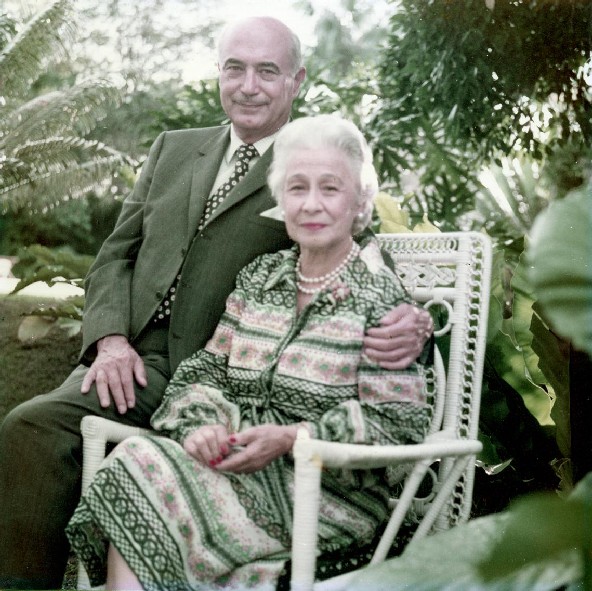
Filipinas Foundation, the forerunner of Ayala Foundation is established by Col. Joseph McMicking and Mrs. Mercedes Zobel-McMicking

The Ayala Museum building designed by National Artist Leandro Locsin opens on Makati Avenue

Filipinas Foundation is renamed Ayala Foundation in line with the Ayala group of companies’ push to address the needs of Philippine society

Ayala Foundation starts working with Doña Bea Zobel on the Iraya-Mangyan program in Oriental Mindoro
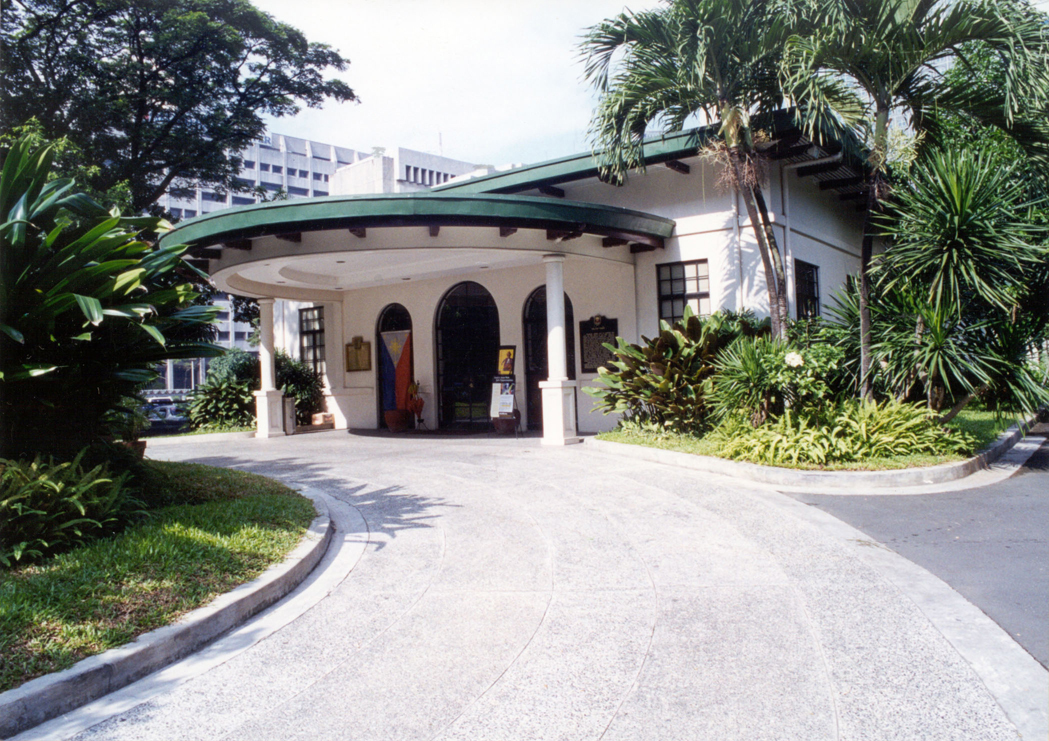
The Filipinas Heritage Library opens at the Nielson Tower at Ayala Triangle, in commemoration of the 100th year of the Philippine Revolution

Center of Excellence in Public Elementary Education (CENTEX) Manila opens

Ayala holds the first Ayala Young Leaders Congress (AYLC) with 70 student leaders in attendance
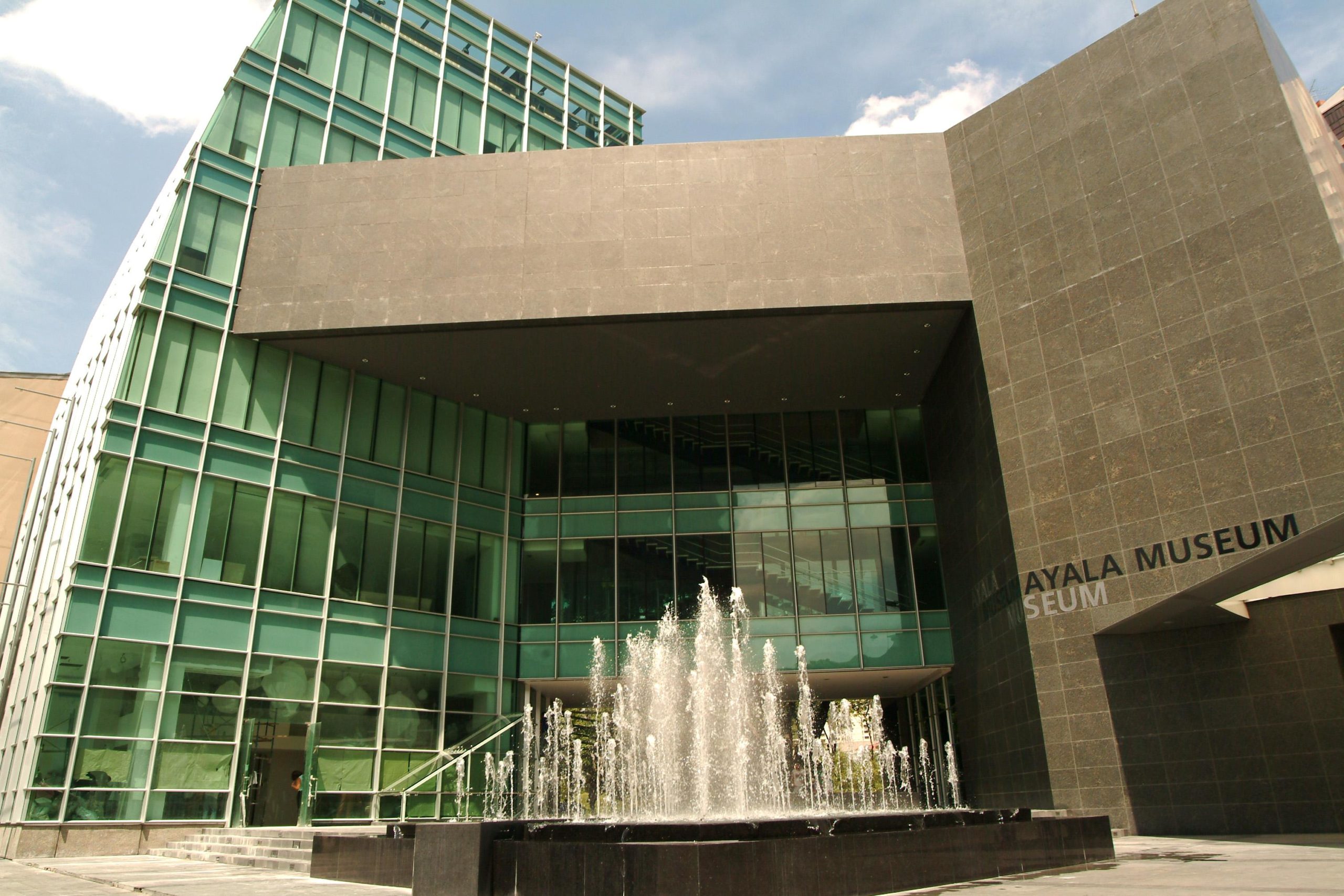
Ayala Museum inaugurates its new building on Dela Rosa Street in celebration of Ayala Corporation’s 170th anniversary
Pieces from the Ayala Museum’s “Gold of Ancestors” exhibit draw audiences in New York
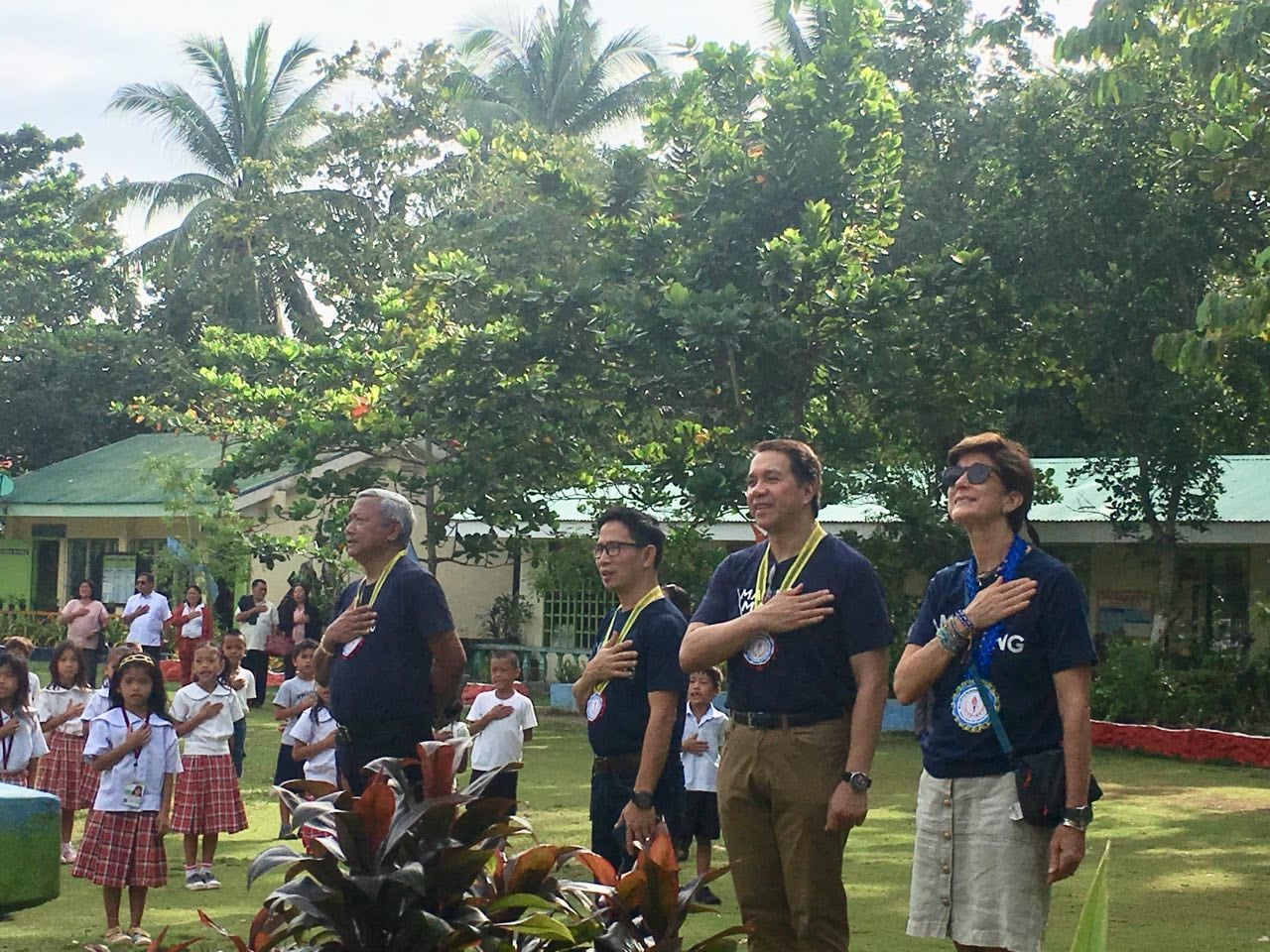
The ‘Maging Magiting’ campaign is launched with the intent to promote love of country by honoring national symbols and honoring Filipino values
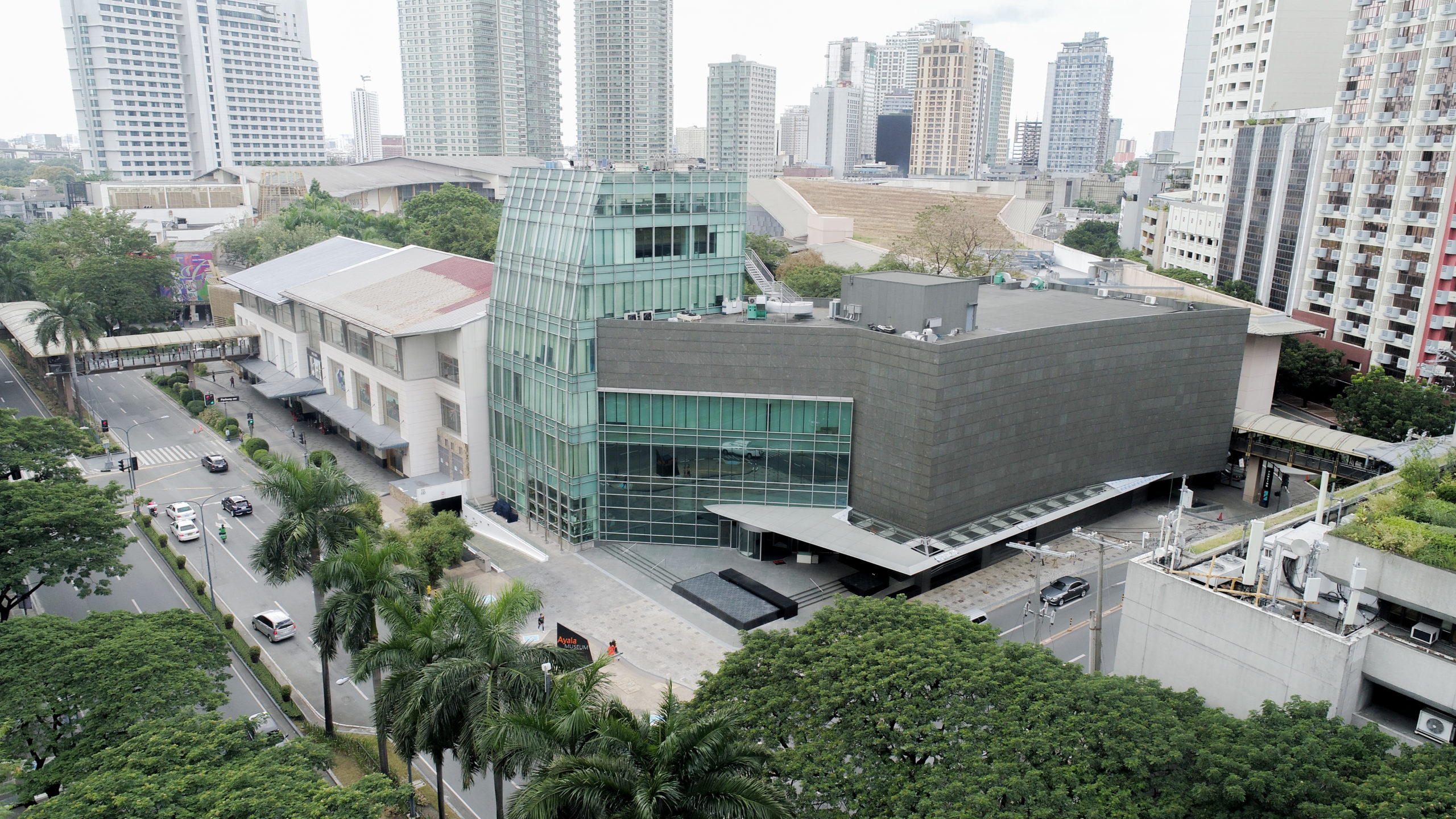
The renovated Ayala Museum reopens in line with Ayala Foundation’s 60th year. The anniversary theme “Faith in the Filipino” underscores the foundation’s commitment to national development.
